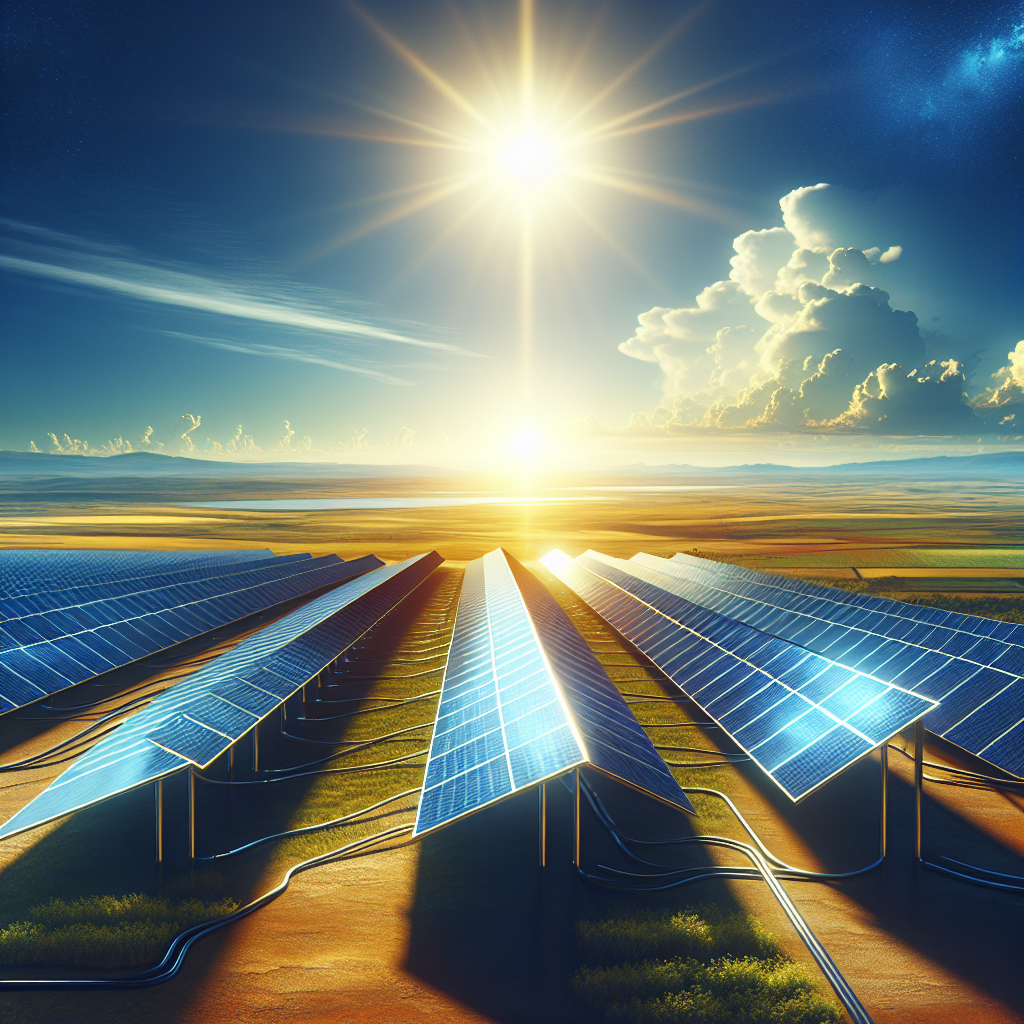Iraq's Solar Surge: Farmers Turn to the Sun for Sustainable Energy
In response to inconsistent energy supplies and high electricity costs, Iraqi farmers like Abdallah al-Ali are increasingly adopting solar panels. This shift helps reduce costs, lowers carbon emissions, and ensures stable power. Iraq plans to significantly boost solar capacity by 2030, addressing its energy demands sustainably.

Suffering from irregular energy supply and soaring electricity bills, Iraq's farmers are switching to solar panels for reliable power. Abdallah al-Ali, a wheat grower, reports reduced expenses and stable energy for irrigation during Iraq's scorching summers.
Iraq's energy infrastructure has struggled since the 2003 US-led invasion. Despite being a leading oil producer, mismanagement and underinvestment hinder the national grid, leaving users with frequent power cuts. However, Iraq's climate offers abundant solar potential, promising improvements in energy supply and reductions in carbon emissions.
Authorities aim to install 12 gigawatts of solar capacity by 2030. Meanwhile, solar interest is soaring among citizens, supported by governmental initiatives and low-interest loans from the Central Bank. While costs remain significant for many, solar installations reduce reliance on inefficient and pollutant diesel generators, heralding a sustainable energy future.
(With inputs from agencies.)
ALSO READ
Power Cut Drama: Minister's Visit Throws Light on Electricity Department Failures
Farmers Face Fertilizer Fallout Amid Russia Sanctions Threat
Smart Electricity Meters Transform India's Power Infrastructure
Punjab's Bold Land-Pooling Initiative: A Gamechanger for Farmers?
South Korea's Apple Farmers Face Challenges Amid Potential U.S. Import Concessions










